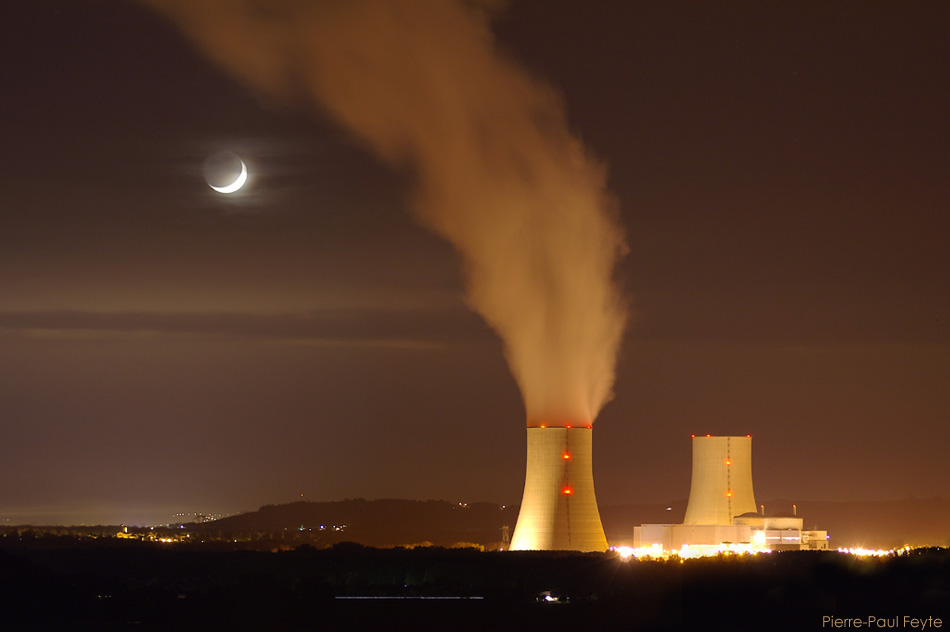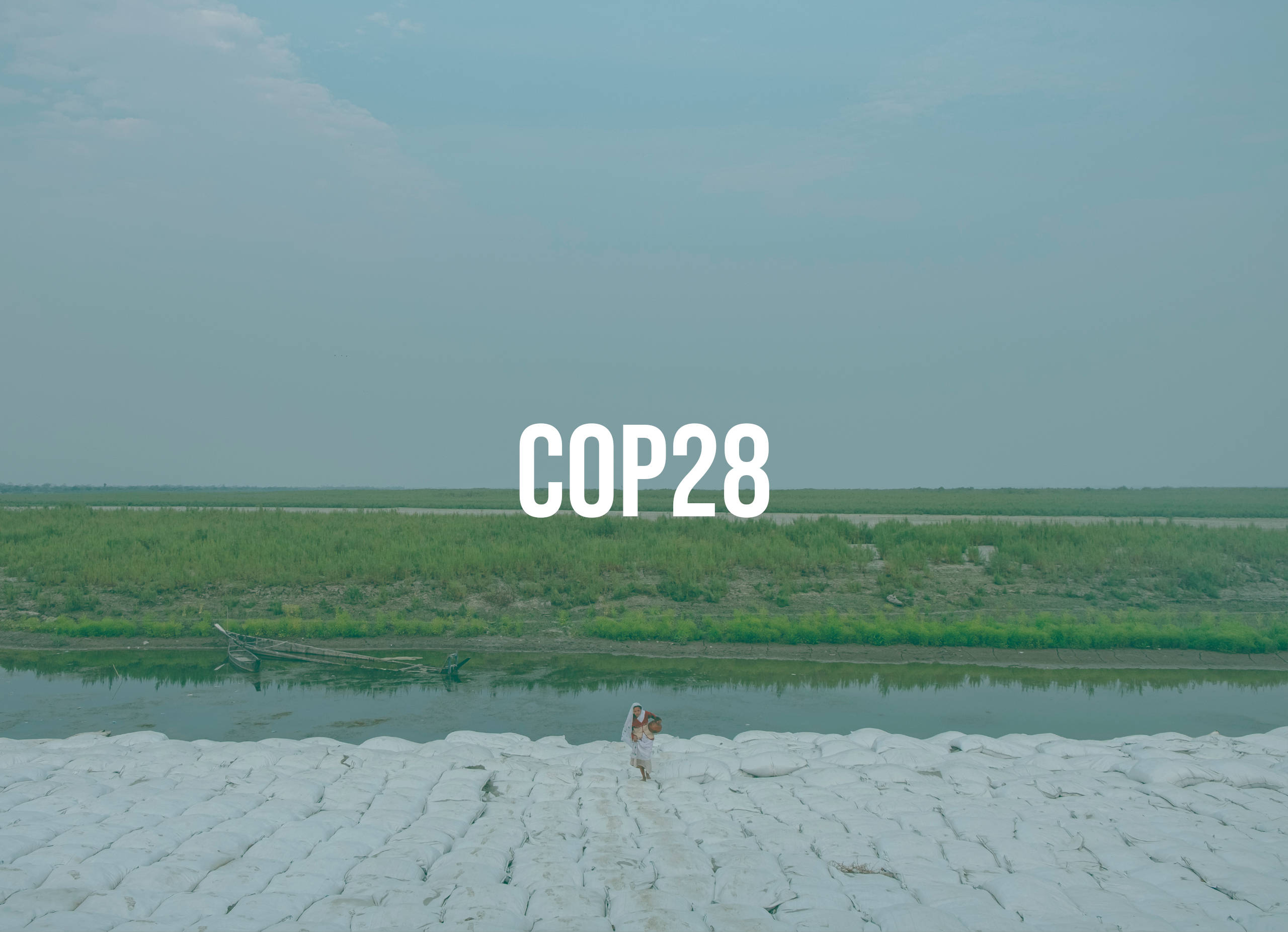Hot air from North Africa’s Sahara has caused the most severe heatwave in Europe since 2003, one of the warmest summers on record. The heat has been causing disruption throughout Europe, with record temperatures leading to failures in transport and infrastructure, as well as impacting peoples wellbeing and the environment. From melting glaciers in the Swiss alps causing flooding in the Alpine town of Zermatt to the Eurostar train grinding to a halt, the heatwave has even been causing problems in nuclear power stations.
Low water levels and increased temperatures in the river water needed to cool nuclear reactors is causing temporary shutdowns and decreases in productive output. This is particularly worrying for the French as their 58 nuclear reactors supply over two-thirds of the country’s electricity needs.
Severe heatwaves are the “new normal”
July’s heatwave comes off the back of an exceptionally intense heatwave in June, which set new temperature records in Europe and ensured that it became the hottest June on record for the continent, with average temperatures 2°C above usual. Scientists are attributing the increased frequency of heatwaves to anthropogenic climate change and pointing out that this could become the “new normal”.
“Such intense and widespread heatwaves carry the signature of man-made climate change. This is consistent with the scientific finding showing evidence of more frequent, drawn out and intense heat events as greenhouse gas concentrations lead to a rise in global temperatures,” according to Johannes Cullmann, Director of WMO’s Climate and Water Department.
“The WMO expects that 2019 will be in the five top warmest years on record, and that 2015-2019 is to be the warmest of any equivalent five-year period on record,” he continues.
Record temperatures were registered throughout the continent: 42.6°C in Paris on 25th July ; 38.1°C in the United Kingdom; the Netherlands broke their record with 40.7°C at Gilye Rijen; and likewise Germany set a new national temperature record of 42.6°C in Lingen, near the Dutch border. A staggering list that brings no cause for celebration.
Nuclear energy’s thirst for water
Although some enthusiasts see nuclear energy as a viable solution to the current climate emergency, considering it a reliable source of base load power that doesn’t generate CO2 emissions, the recent heatwaves have called into question its reliability and exposed a significant weakness: its thirst for water.
On the 22nd of July the French energy company EDF had to suspend nuclear energy production at the Golfech power plant due to high temperatures, whereby the 40°C affected their ability to use water from the Garonne River.

In simple terms, nuclear power plants use high-temperature steam to convert heat energy into electricity. As the steam loses its heat properties it no longer turns the turbines effectively. Therefore, the steam has to be condensed back into a liquid state so that it can be heated again, because liquids absorb heat better than gases. This condensation process is achieved by using cooling water drawn from rivers, lakes, or seas. This water is then dumped back into its original water source at a safe temperature for the surrounding flora and fauna. Specific laws regulate the temperature at which water can be dumped back into the water cycle. Furthermore, the bigger the temperature difference between the internal heat source and the external environment where the surplus heat is dumped, the more efficient the process is in generating electricity.
The latest heatwave has not only caused increased air temperatures but also water temperatures. This has led to problems whereby the water intake was too warm to cool the plant effectively, and the hot water being dumped back into rivers was hotter than regulation limits, therefore putting local wildlife at risk.
A recurring problem
Heatwaves forced nuclear shutdowns or curtailments across Europe in 2003, 2006, 2015 and 2018. In 2003 alone, EDF lost a record of 5.5 TWh in nuclear output. In 2006 2.5 TWh. Last year hot weather brought EDF to temporarily shut down three reactors in eastern France, resulting in 1.7 TWh loss in output.
That said, although some power plants have been affected it is important to note that the majority have remained operational, even providing more electricity than usual as demand for energy increases during heatwaves. World Nuclear Association senior communication manager Dr Jonathan Cobb added: “With record-breaking temperatures, a small number of existing reactors, such as Golfech, have been affected. However, this need not be a showstopper for nuclear generation in general. For new build plants, the expected impacts of climate change can be accounted for in the design.”






